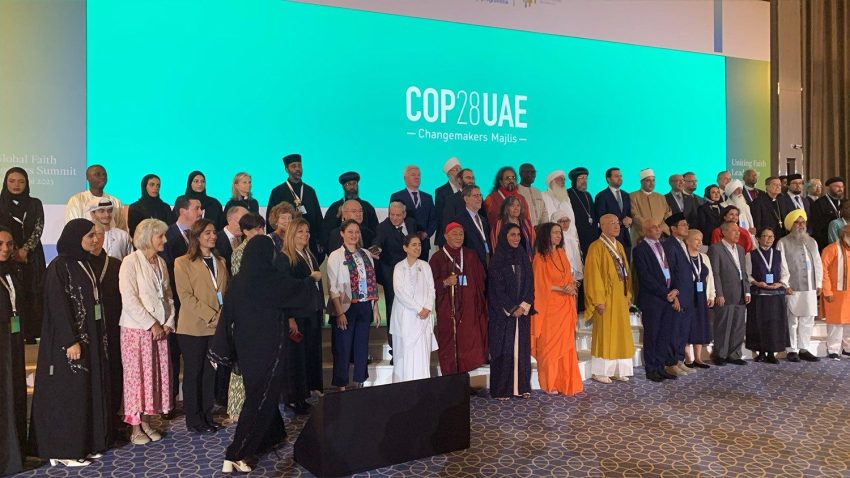April 9, 2025
Geneva, Switzerland — In an unprecedented emergency climate summit held in Geneva this week, world leaders from over 80 nations gathered to address the rapidly accelerating climate crisis. The summit comes in response to a series of extreme weather events in recent months, including record-breaking heatwaves in South America, catastrophic floods in Southeast Asia, and widespread wildfires in Southern Europe.UN Secretary-General António Guterres delivered a stark message, warning that “humanity is on the brink of a climate catastrophe” and urging immediate, unified global action. “We are no longer discussing future generations,” he said. “The crisis is here. The time for delay is over.”
The summit led to the drafting of a new international framework, dubbed the Geneva Pact, which aims to enforce stricter emissions reductions, invest in renewable energy, and establish a global disaster response fund for vulnerable nations. While some environmental groups welcomed the move as a step forward, others criticized the pact as lacking in enforcement mechanisms.
U.S. President Maria Thompson, Chinese Premier Li Qiang, and EU President Sofia Keller were among the key voices pushing for more aggressive carbon reduction targets. Despite political tensions, the leaders emphasized cooperation and mutual responsibility.
The Geneva Pact is expected to be formally signed in June 2025 and could mark a turning point in how the world confronts climate change. Still, environmental scientists warn that without immediate and tangible action, the window to reverse damage may close within the next decade.




